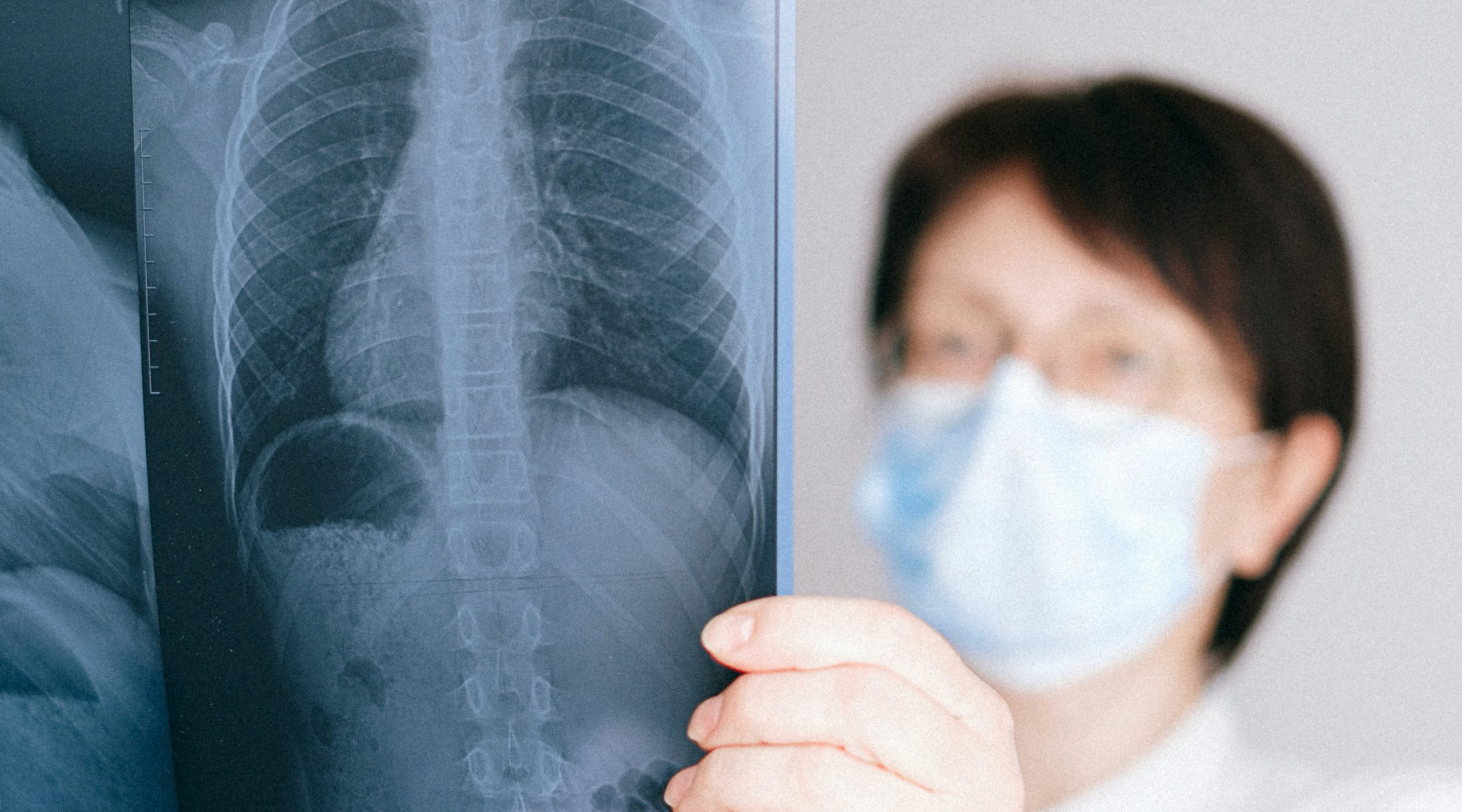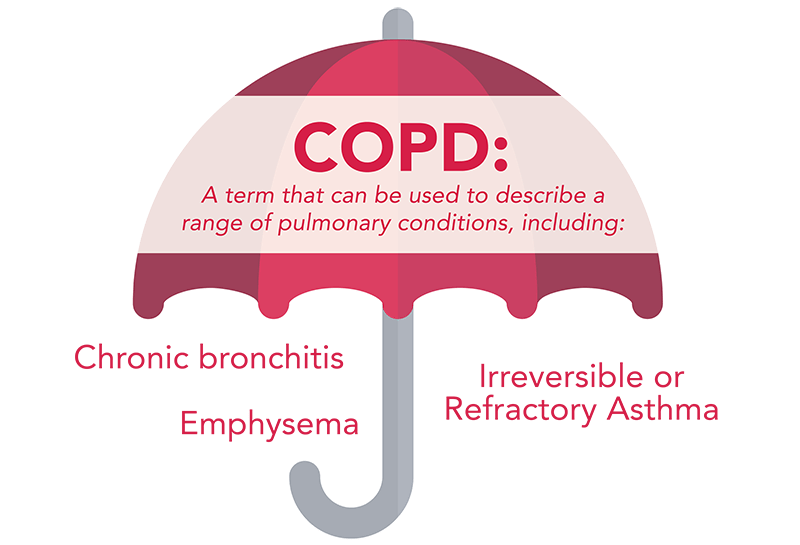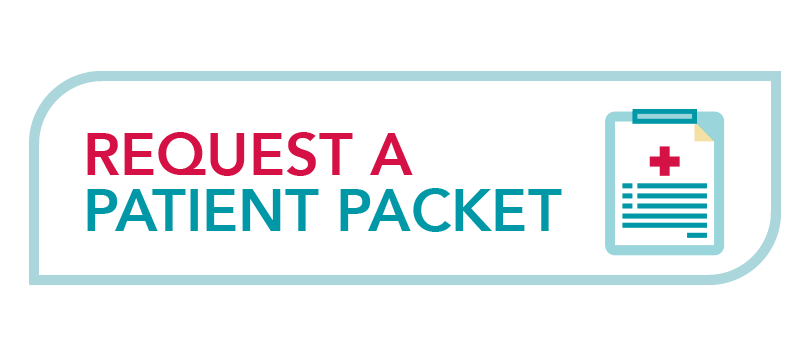 Emphysema falls under the umbrella of COPD (chronic obstructive pulmonary disease). It’s an irreversible lung condition that damages the alveoli (air sacs) and obstructs our ability to breathe and move oxygen into the bloodstream: “When you exhale, the damaged alveoli don’t work properly and old air becomes trapped, leaving no room for fresh, oxygen-rich air to enter.”[1]
Emphysema falls under the umbrella of COPD (chronic obstructive pulmonary disease). It’s an irreversible lung condition that damages the alveoli (air sacs) and obstructs our ability to breathe and move oxygen into the bloodstream: “When you exhale, the damaged alveoli don’t work properly and old air becomes trapped, leaving no room for fresh, oxygen-rich air to enter.”[1]
 With emphysema, the walls of the air sacs weaken over time, creating less surface area for your lungs to remove carbon dioxide.[2] Gradually, you may start to experience shortness of breath, wheezing, and coughing.[3]
With emphysema, the walls of the air sacs weaken over time, creating less surface area for your lungs to remove carbon dioxide.[2] Gradually, you may start to experience shortness of breath, wheezing, and coughing.[3]
What Causes Emphysema and COPD?
The leading cause of emphysema and COPD is long-term exposure to tobacco smoke.[4] However, as we’ve discussed in recent articles about COPD, there are other airborne irritants that can cause you to develop COPD and other chronic lung conditions,[5] including
- Air pollution
- Secondhand smoke
- Dust, fumes, and chemicals

Emphysema may also develop from a genetic condition called alpha-1-antitrypsin deficiency (or AAT). AAT is a protein produced in the liver, and its primary role is to help protect the body’s lung tissue against damage from infection-fighting agents released by our immune system:
“When AAT levels are reduced or absent, the balance between AAT and the enzyme elastase is thrown off…this enzyme plays an important role in fighting infection, but too much of it can harm healthy tissue…[causing] damage to the lining and alveoli of the lung, resulting in emphysema, or permanent enlargement of the lung’s airway.”[6]
Is Emphysema the Same as Chronic Bronchitis?
Both emphysema and chronic bronchitis make up COPD, but the way these conditions obstruct our ability to breathe is different. Emphysema, as noted earlier, damages the air sac’s ability to transfer oxygen to the bloodstream, while chronic bronchitis affects a person’s cilia—the tiny hair-like structures that help clear mucus from the lungs.[7]
Emphysema and chronic bronchitis share similar symptoms,[8] including
- Shortness of breath
- Wheezing
- Chronic cough
- Heart health issues
Both conditions are irreversible but a doctor may prescribe a similar treatment to help manage your individual symptoms, including bronchodilators, oxygen therapy, antibiotics, and other medications to help relieve coughing and wheezing.[9]
What Are Some Risk Factors Associated with Emphysema?
According to the Mayo Clinic, patients living with emphysema may be at a higher risk of developing serious health complications, including a condition called “cor pulmonale” that can weaken your heart. Another risk factor associated with emphysema is the development of large holes in the lungs called bullae: “Some people with emphysema develop empty spaces in the lungs called bullae. They can be as large as half the lung. In addition to reducing the amount of space available for the lung to expand, giant bullae can increase your risk of pneumothorax [a.k.a collapsed lung].”[10]
The Emphysema Foundation of America further emphasises that patients living with this lung condition may be at higher risk of COVID-19 complications. On their website, they’ve provided a series of precautionary steps for patients and their loved ones to follow in order to prevent the spread of this pandemic, in accordance with CDC guidelines.[11]
Understanding Your Chronic Lung Condition
At Electromed, we strive to provide patients with up-to-date resources and clinical studies on chronic lung conditions that range from COPD and bronchiectasis to cystic fibrosis and neuromuscular conditions. Our goal is to also share information on the effectiveness of high frequency chest wall oscillation (HFCWO) therapy devices like SmartVest that are clinically proven to help relieve symptoms related to COPD and other lung conditions.
To learn more about SmartVest, request a patient packet today. To find more information and support about your individual lung condition, browse our resource and blog pages for new information.
Resources
[1] Mayo Clinic. “Emphysema: Symptoms & Causes.” Retrieved from https://www.mayoclinic.org/diseases-conditions/emphysema/symptoms-causes/syc-20355555#:~:text=Emphysema%20is%20a%20lung%20condition,instead%20of%20many%20small%20ones.
[2] Medical News Today. “What Is Emphysema?” Retrieved from https://www.medicalnewstoday.com/articles/8934
[3] American Lung Association. “Emphysema.” Retrieved from https://www.lung.org/lung-health-diseases/lung-disease-lookup/emphysema
[4] World Health Organization. “WHO Highlights Huge Scale of Tobacco-Related Lung Disease Deaths.” Retrieved from https://www.who.int/news-room/detail/29-05-2019-who-highlights-huge-scale-of-tobacco-related-lung-disease-deaths
[5] American Lung Association. “COPD Causes and Risk Factors.” Retrieved from https://www.lung.org/lung-health-diseases/lung-disease-lookup/copd/what-causes-copd
[6] American Lung Association. “Learn About Alpha-1 Antitrypsin Deficiency.” Retrieved from https://www.lung.org/lung-health-diseases/lung-disease-lookup/alpha-1-antitrypsin-deficiency/learn-about-alpha-1-antitrypsin-defiency
[7] Medical News Today. “Emphysema vs. Chronic Bronchitis.” Retrieved from https://www.medicalnewstoday.com/articles/325616
[8] Medical News Today. “Emphysema vs. Chronic Bronchitis.” Retrieved from https://www.medicalnewstoday.com/articles/325616
[9] Medical News Today. “Emphysema vs. Chronic Bronchitis.” Retrieved from https://www.medicalnewstoday.com/articles/325616
[10] Mayo Clinic. “Emphysema: Symptoms & Causes.” Retrieved from https://www.mayoclinic.org/diseases-conditions/emphysema/symptoms-causes/syc-20355555#:~:text=Emphysema%20is%20a%20lung%20condition,instead%20of%20many%20small%20ones.
[11] Emphysema Foundation of America. “Important Notice about COVID-19.” Retrieved from https://emphysema.org/

